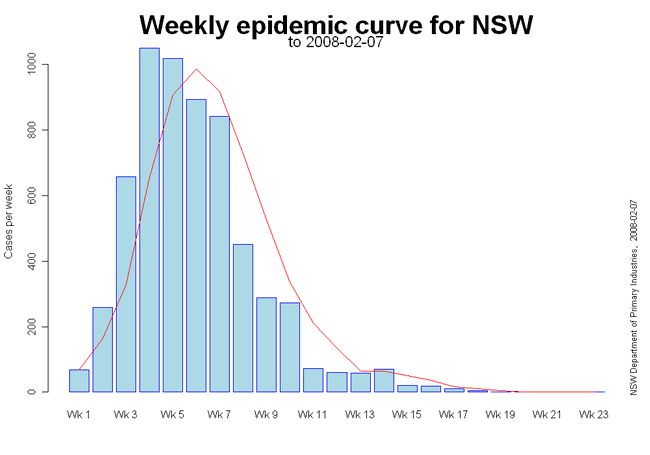
WARWICK FARM trainers last night were up in arms after learning their Randwick counterparts will be compensated up to $1500 a horse in training per week when they are forced out of Randwick for three months because of the World Youth Day celebrations that will take place at the course in July.Renovations are set to take place at Warwick Farm involving the construction of an underground horse tunnel and a new synthetic track, the building of which will interrupt trackwork by restricting time in the morning available to work horses.A meeting between the Australian Jockey Club, Racing NSW and Warwick Farm trainers yesterday addressed matters including safety issues involved with the building of additional tie-up stalls for trackwork.
But it was when an AJC representative revealed
the relocated Randwick trainers would receive $1500 a horse per week in compensation that the Warwick Farm brigade hit boiling point.
The figure for Randwick trainers is based on increased working costs and business interruptions, with factors including veterinarians, farriers, staff, accommodation and transport taken into account.
The money will come from the government and the Catholic Church."Somehow those in charge seem to think that we that are already at Warwick Farm are not going to have any interruptions," Peter Snowden, who trains for Bob Ingham's Crown Lodge, said yesterday. "We will have to move some of our horses at times to other tracks for fast work with the renovations taking place at Warwick Farm.
"But the AJC told us we wouldn't even be getting reimbursed for a simple thing like petrol. It is not our choice to have to move around. The Randwick trainers are being well looked after but we are getting nothing at all. The situation is ridiculous."
Racing NSW's general manager racing and commercial, Greg Rudolph, last night said racing's ruling body was sympathetic to the Warwick Farm trainers and "we will be stepping in to make sure they are looked after".
"We can't have the Warwick Farm trainers being any worse off because of a situation that is beyond their control," Rudolph said. "Negotiations will take place again to ensure everyone gets what they are entitled to."
 Tasmanian rodeo organisers say extra scrutiny of this year's Australia Day events won't reveal any animal welfare problems.
Tasmanian rodeo organisers say extra scrutiny of this year's Australia Day events won't reveal any animal welfare problems.






